Home
Theresa May, the Prime Minister, wrote to Donald Tusk, the President of the European Council, asking for an extension until 30 June of the period under Article 50 for which the United Kingdom should remain in the European Union. She hoped for parliament to agree to an ‘acceptance of the withdrawal agreement without reopening it’, perhaps through reaching a consensus by means of ‘a small number of clear options on the future relationship that could be put to the House in a series of votes’. She thought her talks with Jeremy Corbyn, the Leader of the Opposition, might reach such a consensus. Not only that, but she hoped that parliament would give its agreement before the elections to the European Parliament, due on 23 May, in which case they would be cancelled. Tusk preferred a one-year extension, or ‘flextension’, to be ended if agreement was reached. Since 30 March, it was found, British passports had been issued without the words ‘European Union’ on the front. Cambridge won the Boat Race with James Cracknell, aged 46, in its crew.
There was fury among Conservative MPs at May’s talks with Corbyn, and rage among party members. May sat in silence when a delegation from the 1922 Committee told her that the mood among party supporters had turned against her. From the Labour side, Emily Thornberry, the shadow foreign secretary, insisted that Labour must pursue another referendum. There was talk of remaining in a customs union, which Liam Fox, the Trade Secretary, called the ‘worst of both worlds’. Tiger Roll won the Grand National for the second year in a row.
Remarkable scenes were witnessed in parliament. The Bill tabled by Yvette Cooper and Sir Oliver Letwin, to compel May to ask Brussels for an extension to negotiations (which she was doing in any case) passed the Commons by 313 to 312 votes. The press looked for an MP to blame, some lighting upon Fiona Onasanya, formerly of Labour, who had been released from prison after serving a term for perverting the course of justice. In the Lords an attempted filibuster led to an agreement between party whips to finish the remaining stages of the Bill on 8 April. The day after, under the terms of the new Act, the Commons approved the Prime Minister’s request for a delay until 30 June by 420 to 110. The House of Commons was suspended when rainwater cascaded through the roof. Ian McDonald, who became a household name during the Falklands War with his Ministry of Defence press briefings delivered at dictation speed, died, aged 82. Debenhams went into administration.
Abroad
General Khalifa Haftar launched an attack on Tripoli to wrest control of Libya for his Tobruk-based Libyan National Army. Crowds gathered for days outside the army headquarters in Khartoum demanding the resignation of President Omar al-Bashir of Sudan; there were reports of soldiers protecting protesters by shooting at government security agents. Algerian police dispersed protesters demonstrating against the appointment of Abdelkader Bensalah, aged 77, as interim president after the resignation of President Abdelaziz Bouteflika, to whom he was seen as being too close. Nine pro-democracy activists in Hong Kong were convicted of public nuisance offences, including three figureheads of the movement, Professor Chan Kin-man, 60, Professor Benny Tai, 54, and a Baptist minister, Chu Yiu-ming, 75. Venezuela saw protests at water shortages brought on by power cuts. Gilets jaunes marched for the 21st weekend in a row through Paris and other French cities.
In the Israeli elections, Likud, the party of Benjamin Netanyahu, and the Blue and White alliance of Benny Gantz finished neck and neck, giving Netanyahu a chance to form a coalition. President Hassan Rouhani of Iran reacted angrily to America’s designation of its elite Revolutionary Guard Corps as a foreign terrorist organisation. Brunei introduced strict Islamic laws that make homosexual acts punishable by flogging or stoning to death. A British woman visiting Dubai was arrested for having called her ex-husband’s new wife ‘a horse’ on Facebook.
President Donald Trump of the United States was annoyed by a court ruling that prevented US officials returning migrants to Mexico pending a hearing of their case; more than 100,000 migrants had been apprehended on the border with Mexico in March. A pack of wolves settled around the Veluwe ridge in Holland. CSH
Got something to add? Join the discussion and comment below.
Get 10 issues for just $10
Subscribe to The Spectator Australia today for the next 10 magazine issues, plus full online access, for just $10.
You might disagree with half of it, but you’ll enjoy reading all of it. Try your first month for free, then just $2 a week for the remainder of your first year.

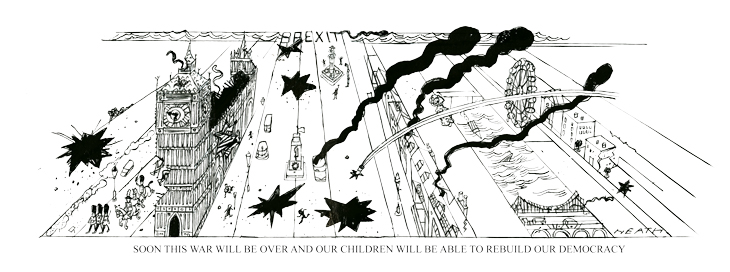

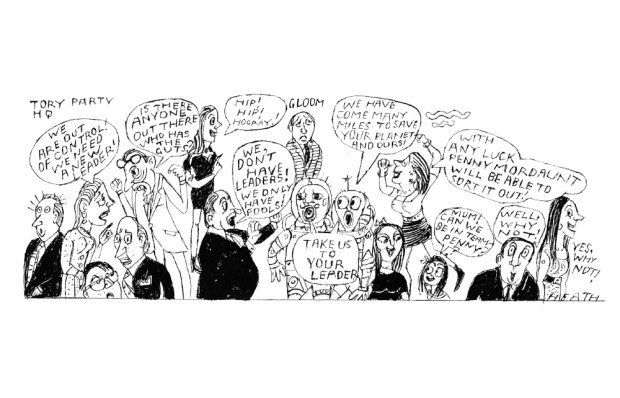

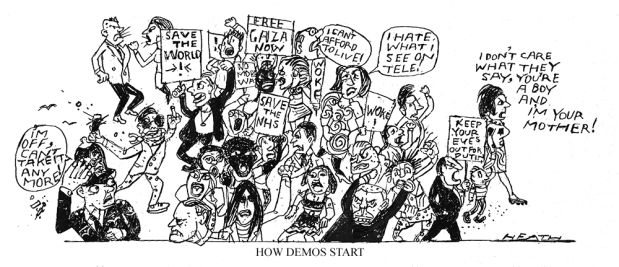
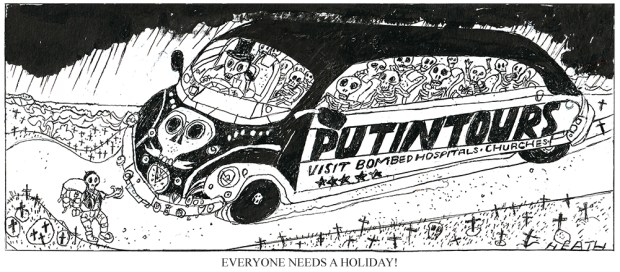
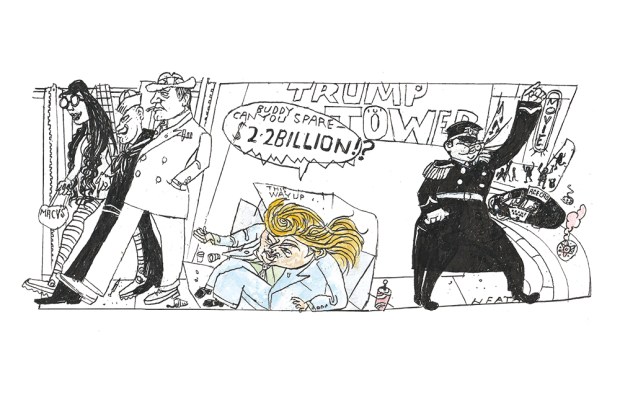






Comments
Don't miss out
Join the conversation with other Spectator Australia readers. Subscribe to leave a comment.
SUBSCRIBEAlready a subscriber? Log in